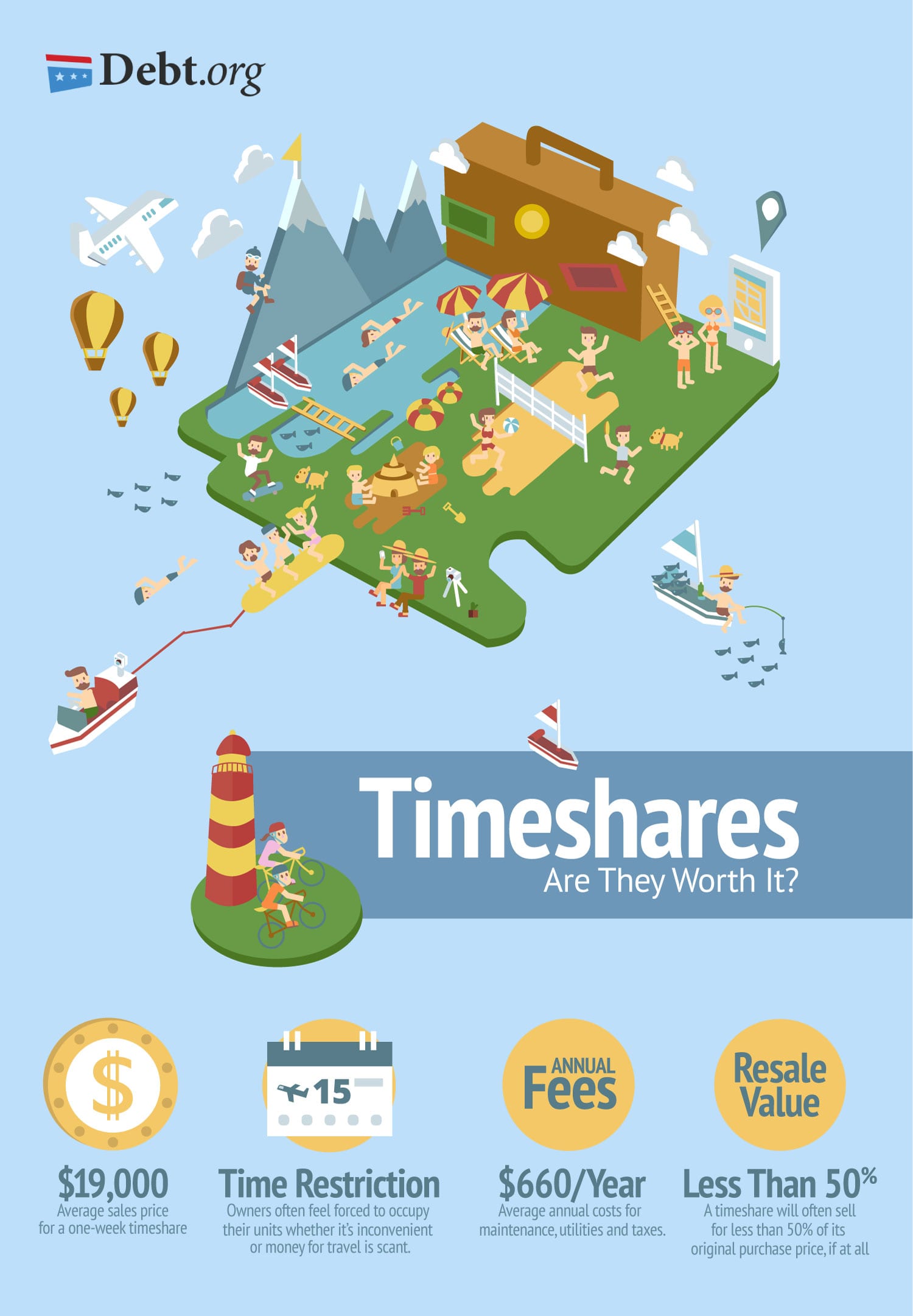Expenses that are associated with fractional ownership residential or commercial property consist of things like upkeep and repairs/replacements, property management, residential or commercial property insurance coverage expenses, HOA costs, accounting, and https://johnathansjhh472.weebly.com/blog/the-45-second-trick-for-what-is-float-red-timeshare tax preparation. Much of these costs are rolled into one yearly fee, for which each fractional owner is accountable. One-off expenditures like a brand-new roof or replacement of a damaged device are managed and designated to owners as they occur. There is much liberty with fractional ownership realty. The guidelines are figured out, not by a business governing body, but by the owners themselves. As such, owners can select to use their fractional ownership in a variety of methods.
If a year goes by and they won't have the ability to vacation, they might rent all of their weeks. what is a land timeshare. They may Visit this website sell one or all of their shares at any time. Finally, fractional ownership holds true ownership. If for any factor the owners all choose to sell, each owner receives a part of the proceeds. It's a true realty possession. There are several various kinds of timeshare. The most common kind is "undeeded." That is, the timeshare individual does not own any part of the residential or commercial property. The timeshare agreement just grants rights to utilize of the home for a pre-determined length of time.
The blocks of time are in weeks. There may be as numerous as 51 other timeshare interests in one residential or commercial property, with one week assigned to each participant (an avarege how much do you pay for timeshare in hawaii per month). You normally have choices for which week you can utilize the property. In many cases, the timeshare corporation might provide multiple residential or commercial properties, potentially in different countries. For example, your timeshare buy-in may entitle you to an option among a condo in Florida, a vacation home in France or a luxury hotel in Ecuador. If you have sufficient shares and that week is offered, you may be able to remain in your choice of accommodation throughout your week.
There's generally an annual cost that you have to pay on top of what you paid for your right of usage week(s). The cost can be up of $2500, depending upon the private timeshare. This cost approaches property management, taxes and repair work, and upkeep. Also, a lot of timeshares charge a day-to-day use charge. Currently, this fee ranges between $30 and $60 per day of use throughout your week, but again it depends upon the timeshare business and where you stay. This is on top of your original buy-in, too. If you don't use your reserved week for some factor, most timeshares still hold you responsible for paying the daily usage charge for your week. Points-based deeded ownerships provide owners more choices beyond their particular week, system and resort place. These clubs award indicate owners for the homes that they own. Each property within the Club's collection of resorts have a level of desirability and value. what are the difference types of timeshare programs available for purchase?. And within each residential or commercial property, specific weeks are preferred than others, and hence cost more in points to reserve. Below you can view the variety of points needed to make a booking for a specific unit size: Platinum Weeks 22-42 & 51-52 Unit Size Mon-Thurs Fri-Sun Full Week Per Night Per Night Each Week Studio/ Studio Plus 350Â 700Â 3500 1 Bedroom 480Â 960Â 4800 1 Bedroom Plus 620Â 1240Â 6200 2 Bed Room 700Â 1400Â 7000 2 Bed Room Plus 840Â 1680Â 8400 follow this link 2 Bedroom Plus Premier 960Â 1920Â 9600 3 Bedroom 840Â 1680Â 8400 3 Bed Room Plus 960Â 1920Â 9600 Gold Weeks 1-21 & 43-50 System Size Mon-Thurs Fri-Sun Full Week Per Night Per Night Per Week Studio/ Studio Plus 250Â 500Â 2500 1 Bedroom 340Â 680Â 3400 1 Bed Room Plus 420Â 840Â 4200 2 Bedroom 500Â 1000Â 5000 2 Bedroom Plus 580Â 1160Â 5800 2 Bed Room Plus Premier 700Â 1400Â 7000 3 Bed Room 580Â 1160Â 5800 3 Bedroom Plus 700Â 1400Â 7000 Once you end up being an owner, you can use your points to book appointments at any resort within your Club's collection of resorts.
Timeshare Loans What If Defaulted Fundamentals Explained

Each club has various guidelines about when and how you can schedule getaways but the one commonality is that each gives owners a home appointment period in which they are ensured their house resort. As soon as their house appointment window is over, their ownership is essentially become points that can be used in other places, typically referred to as Club Usage Duration, or Club Reservation Window. There is a large amount of flexibility with this design of timeshare club and a number of the timeshare brands are moving towards the instructions of a points-based system. Floating week ownerships give some flexibility to owners within their home week reservation period.
Marriott Vacation Club is a perfect example of this kind of deeded ownership. Prior to the switch to Locations Points, Marriott sold, what have now ended up being described as, 'Tradition Weeks.' These Tradition Weeks were deeded ownerships with drifting weeks that could be reserved within your ownership season. There are still timing restrictions and scheduling durations like other clubs. Floating weeks offer owners a little bit more flexibility outright without needing to wait until the weeks appear to everybody else. Right-to-use ownerships are different than deeded ownerships because they include an expiration date whereas deeded timeshare ownerships are perpetual and do not expire.